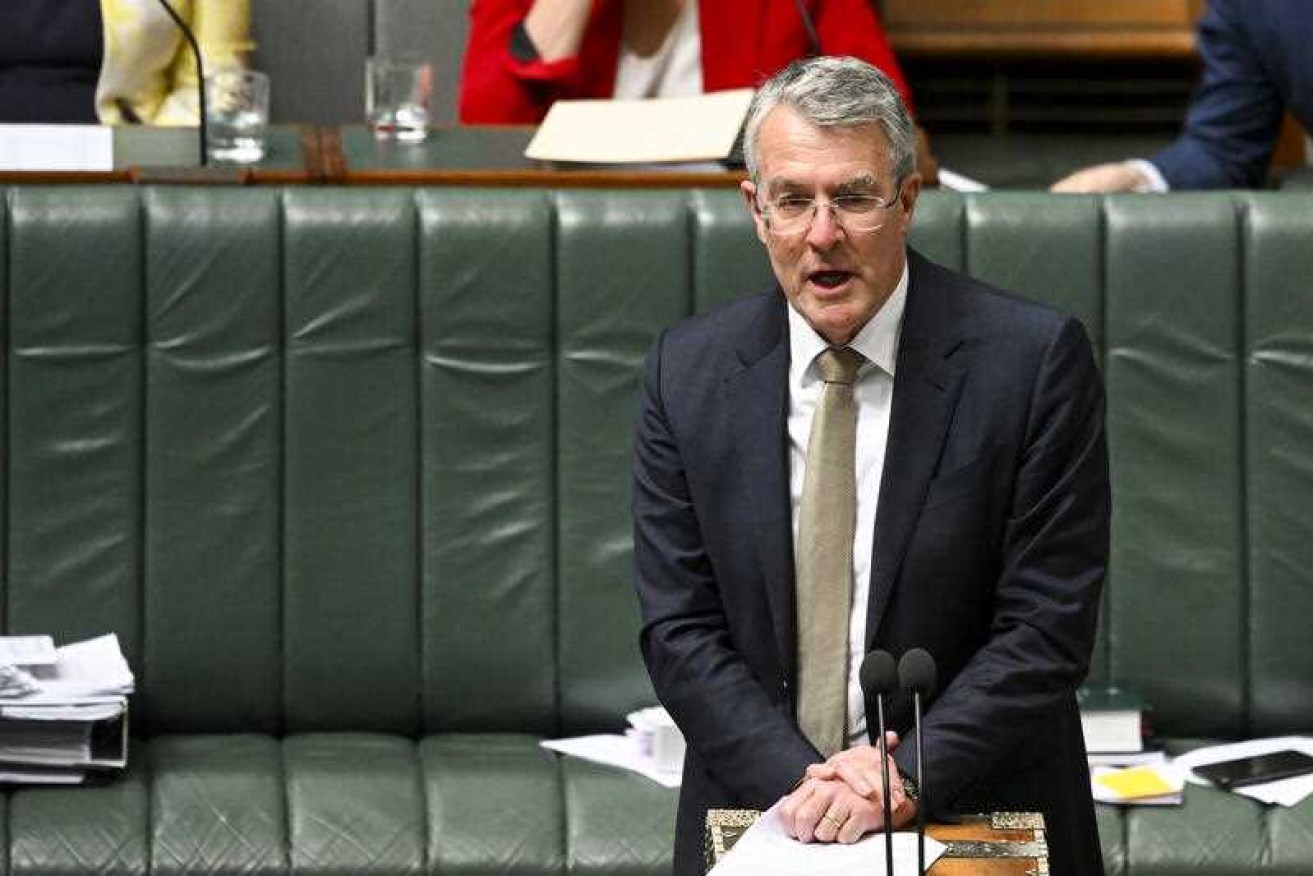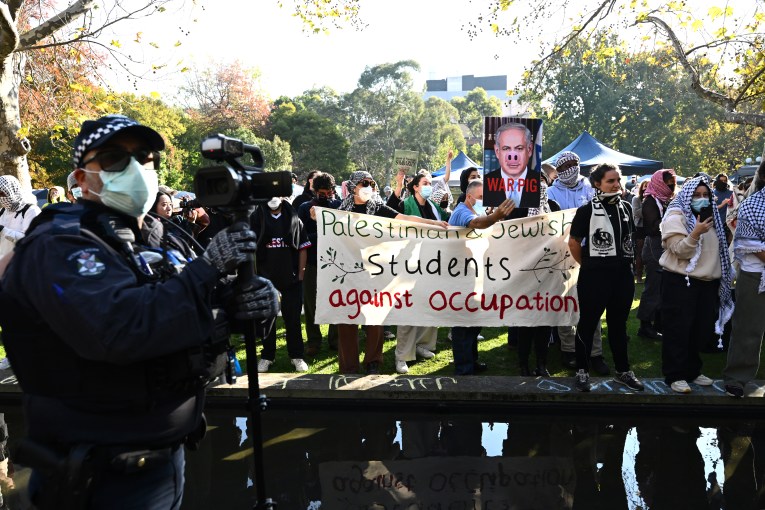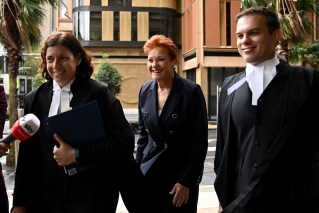Labor set for win on anti-corruption body

Attorney-General Mark Dreyfus is expected to announce national guidelines on coercive control. Photo: AAP
The Albanese government’s national anti-corruption watchdog is expected to have broad backing in parliament, despite lingering concerns about the high threshold for public hearings.
Debate on the National Anti-Corruption Commission will continue into the night on Tuesday, with further late sitting hours expected on Wednesday.
The government has put forward several changes to the bill, including greater protections for journalists and their sources and surveillance warrants needing to be approved by eligible judges.
The Coalition has welcomed the amendments but raised concerns with elements of the bill.
Coalition pushes for further safeguards
Shadow attorney-general Julian Leeser said further safeguards were needed to protect the rights of individuals.
“The commission will have extraordinary powers – with those extraordinary powers should be greater accountability,” he told parliament.
“There is a risk the NACC will be misused as a way of causing harm to an individual through vexatious complaints – this risk is particularly heightened if referrals are publicised.”
Under the government’s model, public hearings would only be held in “exceptional circumstances”.
Crossbench call not to reduce public hearings
Crossbench MP Kate Chaney said the high bar for holding public hearings would lessen accountability.
“With the current drafting, public hearings will be few and far between,” she said.
“This test (of exceptional circumstances) is too high and does not take into account the role of public hearings as an investigative, preventative and educative tool against corruption and misconduct.”
Mr Leeser said the default option of having private hearings was where the commission “ought to be”.
Amendments to make commission stronger
Attorney-General Mark Dreyfus said the amendments would make the commission even stronger.
“The bills which have been debated in the house today have benefited from the experience of the existing state and territory commissions over the past three decades,” he said.
“The national model draws on the best elements of those bodies and learns from any shortcomings.”

Independent senator David Pocock has indicated he will support the legislation. Photo: Getty
The government pledged at the May election to legislate an integrity commission before year’s end.
It is likely to be debated in the Senate next week, with extra sitting days approved in an effort for the bill to pass by Christmas.
Independent senators Jacqui Lambie and David Pocock have indicated they will support the government’s legislation to deliver the commission when it reaches the chamber.
Senator Pocock said the public hearings threshold remained an issue but a commission was long overdue.
Senator Lambie said the exceptional circumstances test smacked of a deal between the government and Coalition to ensure bipartisanship.
“We want police on the beat and we want it to get started now,” she told the ABC on Tuesday.
The anti-corruption body is set to cost $262 million over the next four years.
-AAP








